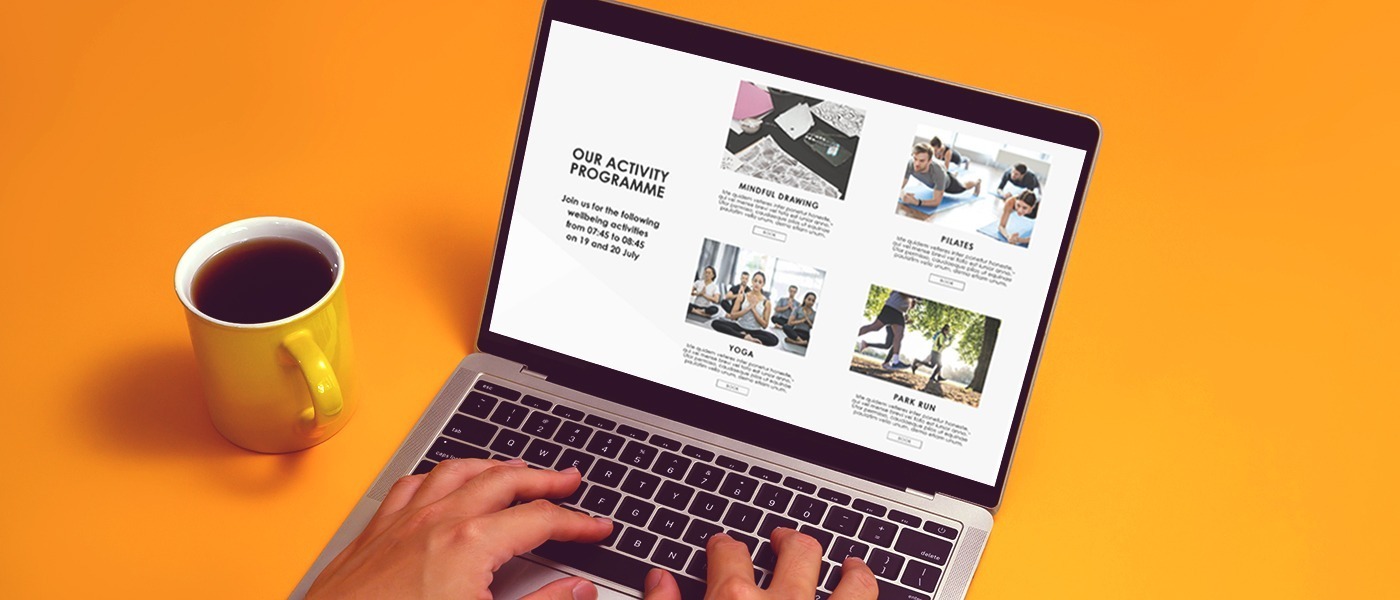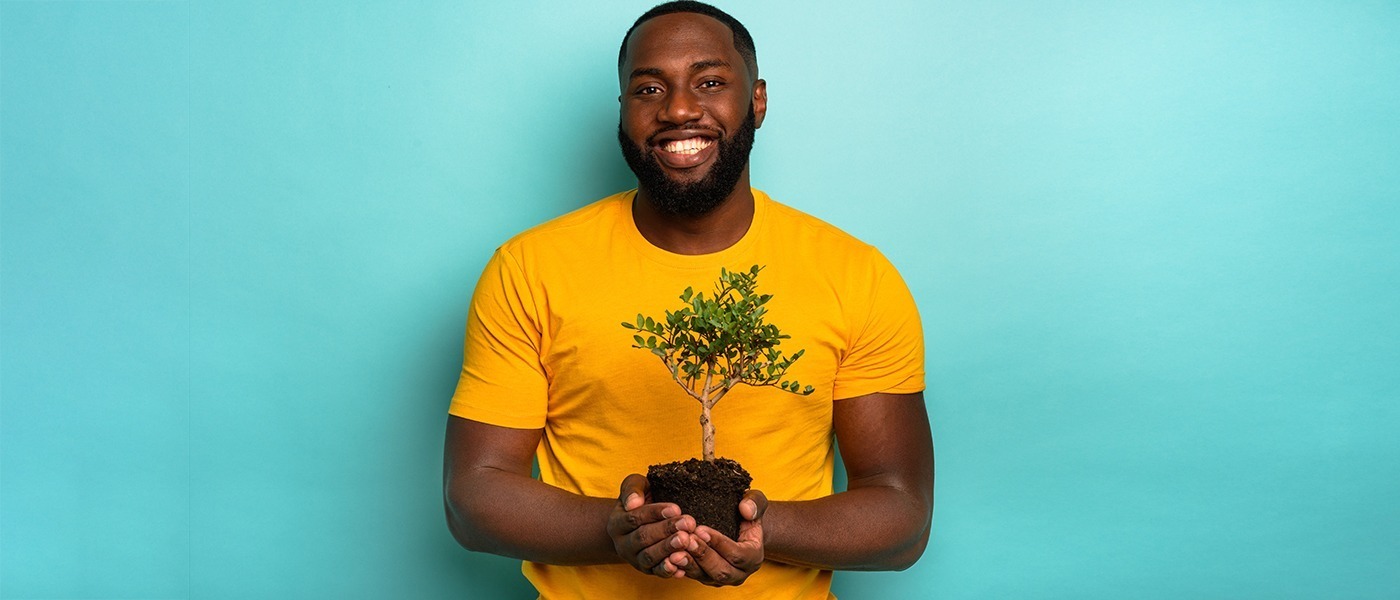You can’t use the same team experience for everyone, it has to be bespoke…
Fruitful’s fitness and wellness expert Darryl Preston reveals why he tailors every session he leads to the people in the room.

So many teambuilding and group activities are just ‘off the shelf’ experiences that are identical wherever, whenever and whoever they involve. Even the parts that might seem improvised are scripted.
This is fine in theory, it means a guaranteed level of service and a risk-free option for groups. However, when you are trying to foster connections between colleagues or even strangers it’s important to be able to get buy-in – and this starts with a more tailored approach.
Darryl Preston has a background in biomechanics, sports science and teaching. He’s been involved in the global fitness industry for over four decades and is the mastermind behind the fitness and spa offerings on most major cruise liners. After selling his business he then discovered a passion for rowing which led him to race, coach and now deliver training programmes around high performance.
With everything in his career, personalisation has been key. From designing bespoke fitness offerings at sea, to coaching rowers with specific musculoskeletal issues. His attention to detail in others is his secret to getting the best results.
He gives the example of a rowing team that he helped coach; “I could pinpoint the underlying issue within the first few minutes. One of the rowers was a physiotherapist and she was concentrating on her teammates right shoulder in front of her – there was something wrong with it.
“And so automatically she was trying to adjust the boat with her left shoulder – which you shouldn’t do.”
This anecdote is just one of many illustrations that highlights the importance of personalisation. Darryl could have offered generic coaching advice to the team, which may have improved performance slightly. But by truly getting into the details and understanding the individuals, he was able to pinpoint an undetectable issue, solve it and improve performance dramatically.
But this doesn’t just apply to rowing. This is the same for any class or team experience Darryl leads. “Part of my job is to find out why they’re there,” he says. “Listening to them with empathy to see if I can deliver what it is that they’re looking for.
“You don’t know why someone’s in that class, or why someone is always late to class. Whoever they are, they are going to have a story behind them, and quite often that story is emotive. So once you find out what their background is, what their story is, then you can communicate with them in a particular way.
“And as you communicate with them they think, even in a class of 30 people, that you’re talking directly to them.”
This directly transfers to corporate groups too. And sometimes ‘personalisation’ can be as simple as reading the room. Darryl gives the example of a session he led for 30 middle-aged men from a utility company – it was 8.30am, after a heavy night out and they were due to take part in a Pilates class. “That can be really hard work, but you know that you’re going to be able to break through,” he says.
The key in that instance was to break the ice with some relatable ‘banter’ to immediately get them on side and set the tone. “Whereas, with other global clients, they just want to know they are in safe hands” explains Darryl, and so in this instance he takes a more formal approach and highlights some of his career achievements.
Some of these tone shifts may seem insignificant but when you are dealing with people, it’s the small details – the rower’s shoulder – that make a big difference. Especially when you’re trying to build rapport among a group of people in a short space of time.

